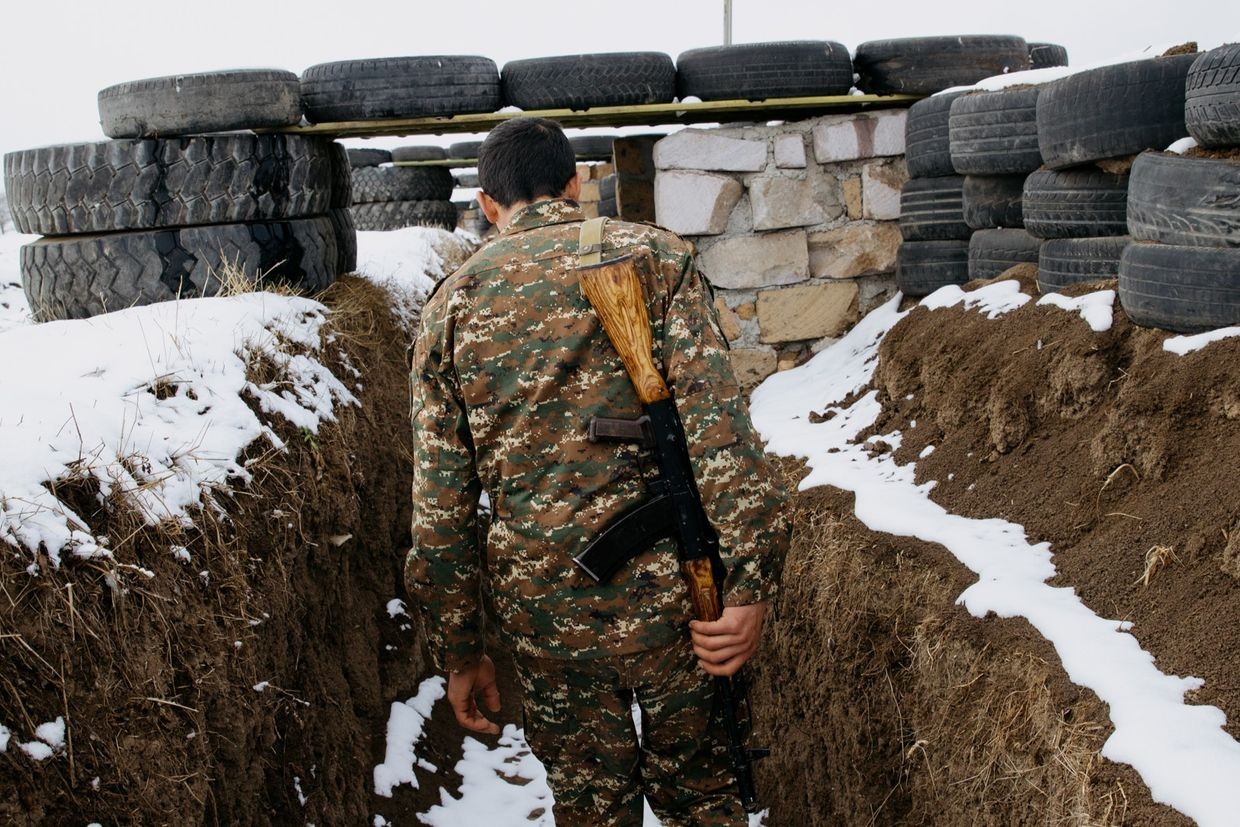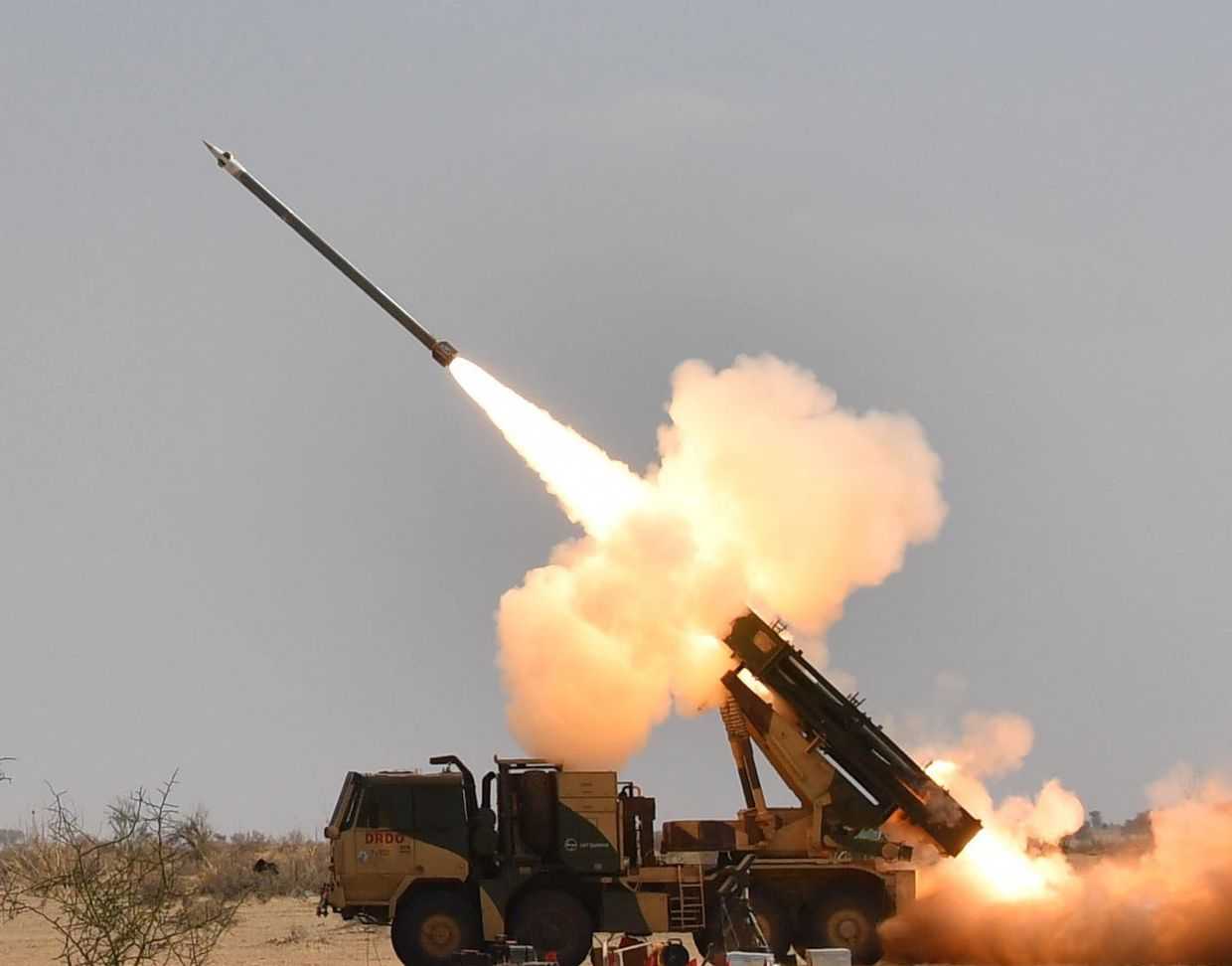
Starting in January 2026, mandatory military service in Armenia will be reduced from two years to one and a half, Prime Minister Nikol Pashinyan announced on Tuesday, describing the reform as part of broader efforts to modernise the armed forces.
‘We’ve decided that the law will come into force earlier — from 1 January 2026. This means that from the winter draft of 2026, conscripts in Armenia will serve for 1.5 years instead of two,’ Pashinyan said.
The Defence Ministry first introduced the proposal in September, arguing that the number of contract soldiers had increased thanks to new incentive programmes. However, opposition lawmakers and defence experts have criticised the move as premature, warning that it could undermine the country’s already strained security capacity.

Deputy Defence Minister Arman Sargsyan previously admitted that the army was facing staffing shortages — a statement that drew further scepticism about the timing of the reform. ‘It’s undesirable to announce from this podium that the number of troops is insufficient, which is why reservists are being deployed for combat duty,’ Sargsyan told parliament earlier this year.
Opposition MP Tigran Abrahamyan, secretary of the I Have Honour bloc, accused the government of using the reform for political gain ahead of upcoming parliamentary elections.
‘The authorities are trying to introduce initiatives that sound pleasant to the public ear,’ Abrahamyan said. ‘At first glance, this may seem like a positive and emotional move, but it’s a step that puts national security at risk, given the army’s current state and low levels of manpower.’
He also suggested that the reduction in service time could be linked to Azerbaijan’s reported calls for Armenia’s demilitarisation following its last large-scale military offensive on Nagorno-Karabakh.
‘Demilitarisation doesn’t only mean cutting defence spending; it also means reducing personnel,’ Abrahamyan said.
While the government insists that the reform will make military service more efficient and attractive, critics argue that Armenia’s security environment — especially following the loss of Nagorno-Karabakh and the ongoing border tensions — requires a fully manned, better-equipped army rather than a smaller one.
The reform is expected to be finalised before the end of the year, with officials framing it as a transition toward a more professional, contract-based military model.

This article was translated into Azerbaijani and republished by our partner Meydan TV.








